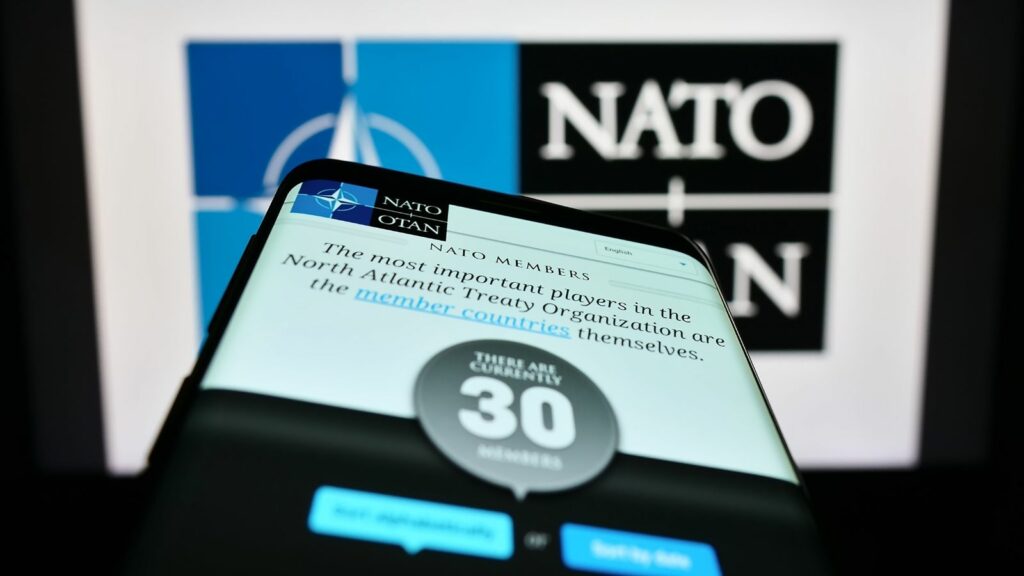Canada has a global reputation for politeness, poutine, and winter sports, but there’s far more to the nation’s legacy than meets the eye. While Americans and Canadians share a long border and many cultural similarities, much of Canada’s most impressive work goes unnoticed or misunderstood south of the border. From breakthroughs in science to groundbreaking social policies, Canada has quietly led the way in areas the U.S. often overlooks. Here are 20 Canadian Achievements the U.S. Still Doesn’t Understand.
Universal Healthcare

Canada’s universal healthcare system is one of its most defining accomplishments, offering all citizens access to essential medical services regardless of income. While Americans debate healthcare reform, Canadians have embraced their single-payer system for decades. It reduces administrative costs, prevents medical bankruptcies, and promotes preventative care. Though not without flaws, the system remains a source of national pride and international admiration. Americans often misunderstand it as “free healthcare,” when in fact, it’s publicly funded and remarkably efficient.
The Canadarm
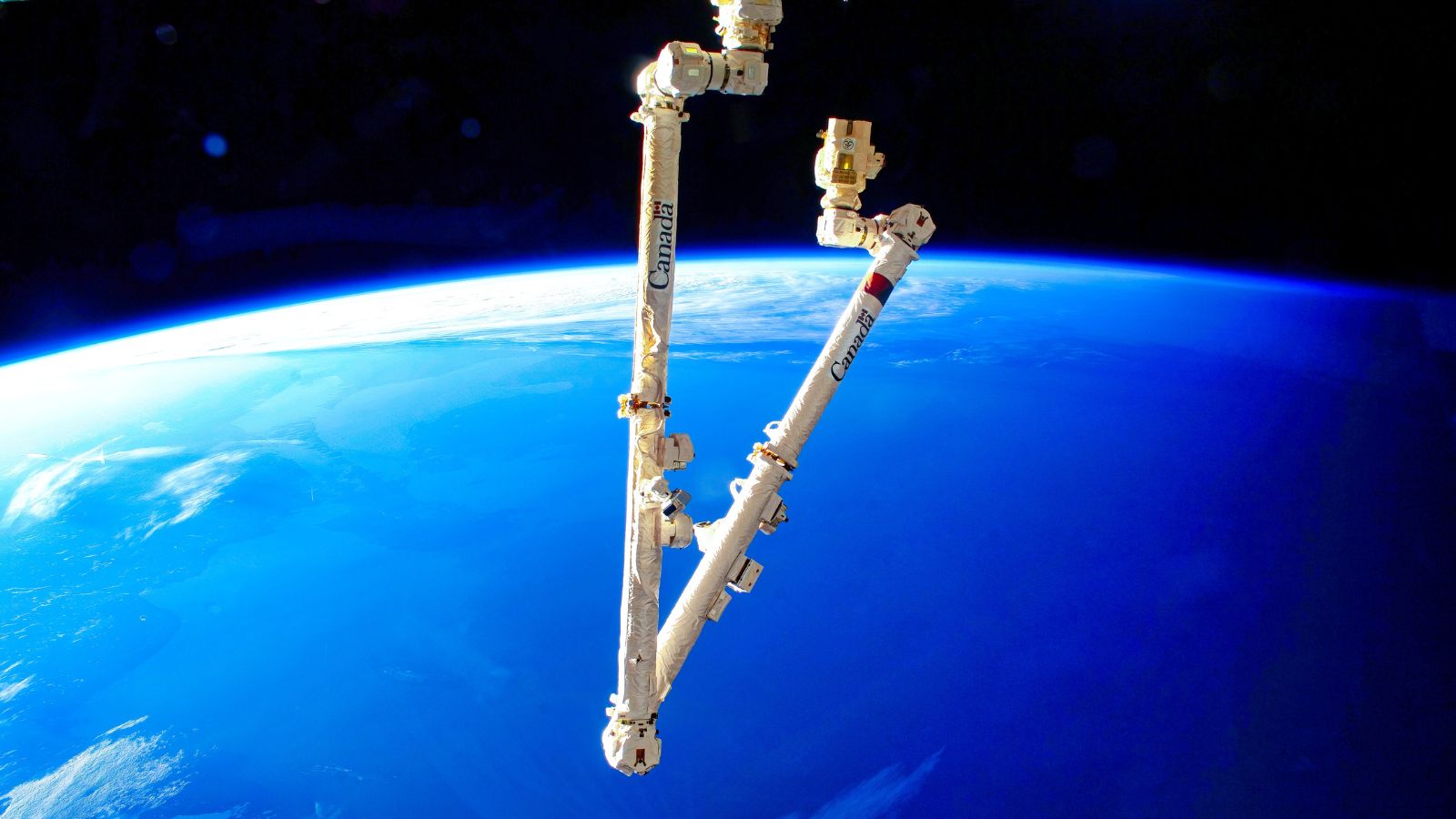
The Canadarm, a robotic arm developed by Canadian engineers for NASA, revolutionized space exploration. First used in 1981 aboard the Space Shuttle Columbia, it played a crucial role in satellite deployment, repairs, and construction of the International Space Station. Its legacy includes the more advanced Canadarm2, still in use today. Many Americans are surprised to learn that such an iconic space tool is a Canadian invention. It’s one of Canada’s most significant, and underrated, technological contributions to space science.
Insulin Discovery

In 1921, Canadian researchers Frederick Banting and Charles Best discovered insulin, fundamentally transforming diabetes treatment. Before insulin, diabetes was a fatal diagnosis; their work saved millions of lives. While the discovery was a global medical milestone, it’s often assumed to be American. Canadians take pride in this achievement, particularly because Banting sold the patent for just $1 to ensure broad access.
Peacekeeping Leadership

Canada pioneered the concept of international peacekeeping under Lester B. Pearson, who proposed the first United Nations peacekeeping force during the Suez Crisis in 1956. For his efforts, Pearson won the Nobel Peace Prize, and Canada solidified its reputation as a global peace broker. While the U.S. often focuses on military dominance, Canada’s strength has long been its diplomatic leadership. Americans may not fully grasp how deeply peacekeeping is woven into Canada’s national identity.
Legal Same-Sex Marriage (Since 2005)

Canada legalized same-sex marriage nationally in 2005—ten years before the U.S. Supreme Court followed suit. The decision was met with broad public support and framed as a basic human rights issue. It placed Canada among the earliest countries to take such a progressive stance. While Americans were still embroiled in heated debates, Canadians had already moved forward.
Cirque du Soleil

Though many associate Cirque du Soleil with Las Vegas, the artistic juggernaut is actually a Canadian creation. Founded in Quebec in 1984, it redefined circus performance with theatrical storytelling, acrobatics, and world-class production. Its success has spanned the globe, but its roots remain proudly Canadian. Many Americans still view it as just another Vegas attraction without recognizing its Canadian origin. Cirque du Soleil is a cultural export that blends creativity and innovation in true Canadian style.
Ice Hockey Innovation

While both nations love hockey, Canada shaped the modern game. From standardized rules to the establishment of professional leagues, Canadian influence is embedded in every rink and rulebook. The Stanley Cup, often assumed to be American due to the NHL’s U.S. teams, is actually a Canadian institution dating back to 1893. Canadians live and breathe the sport in ways Americans often don’t fully grasp.
The World’s Longest Coastline
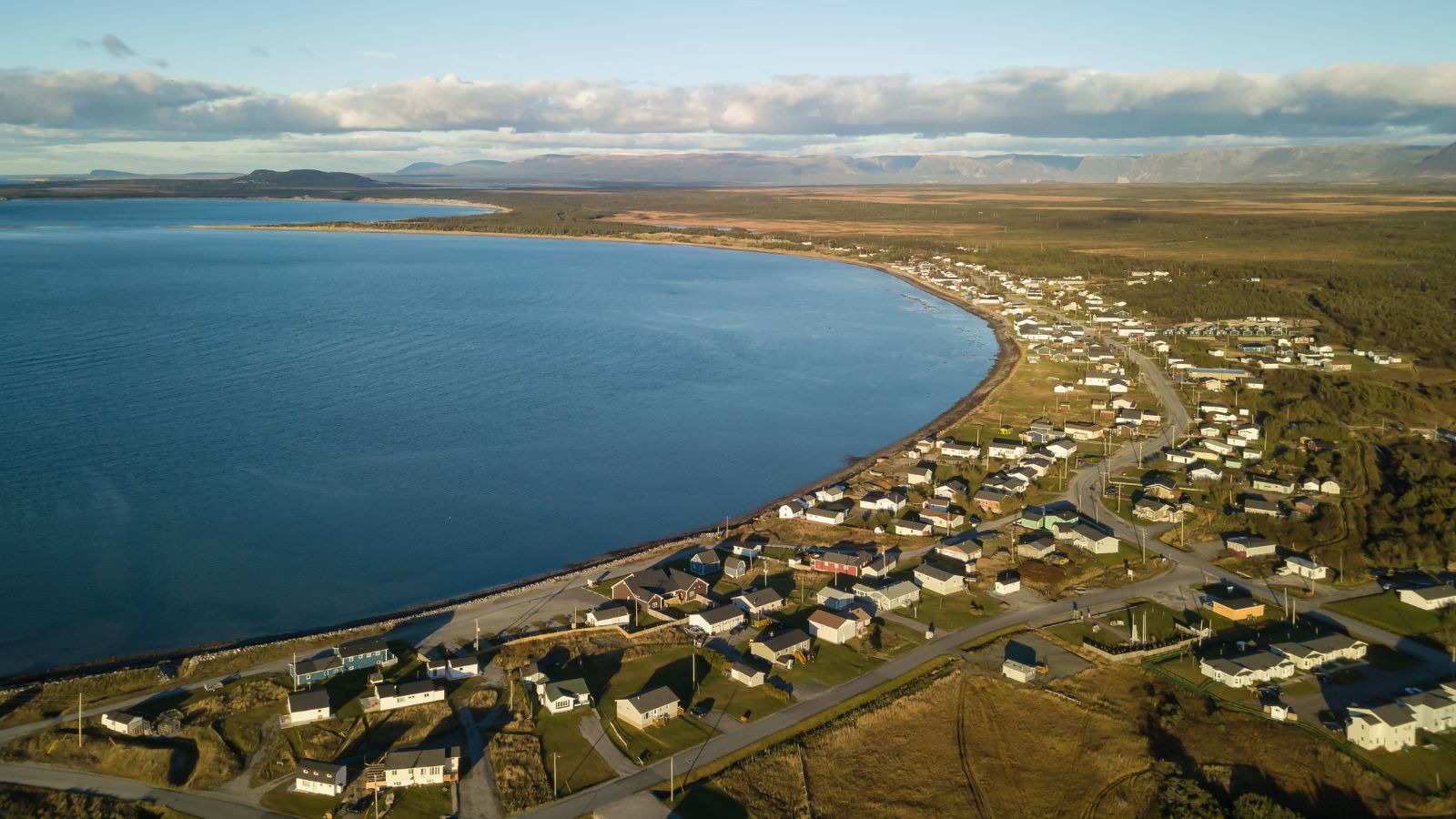
Canada boasts the longest coastline in the world, stretching over 202,000 kilometers, a geographic fact often overlooked in American geography classes. This massive natural feature contributes to Canada’s leadership in ocean science, fisheries, and maritime conservation. It also means a strong navy presence and coastal infrastructure, despite the country’s low population density. While Americans might fixate on their Pacific and Atlantic shores, Canada’s coastlines outsize them all, by a long shot.
Poutine as Culinary Influence
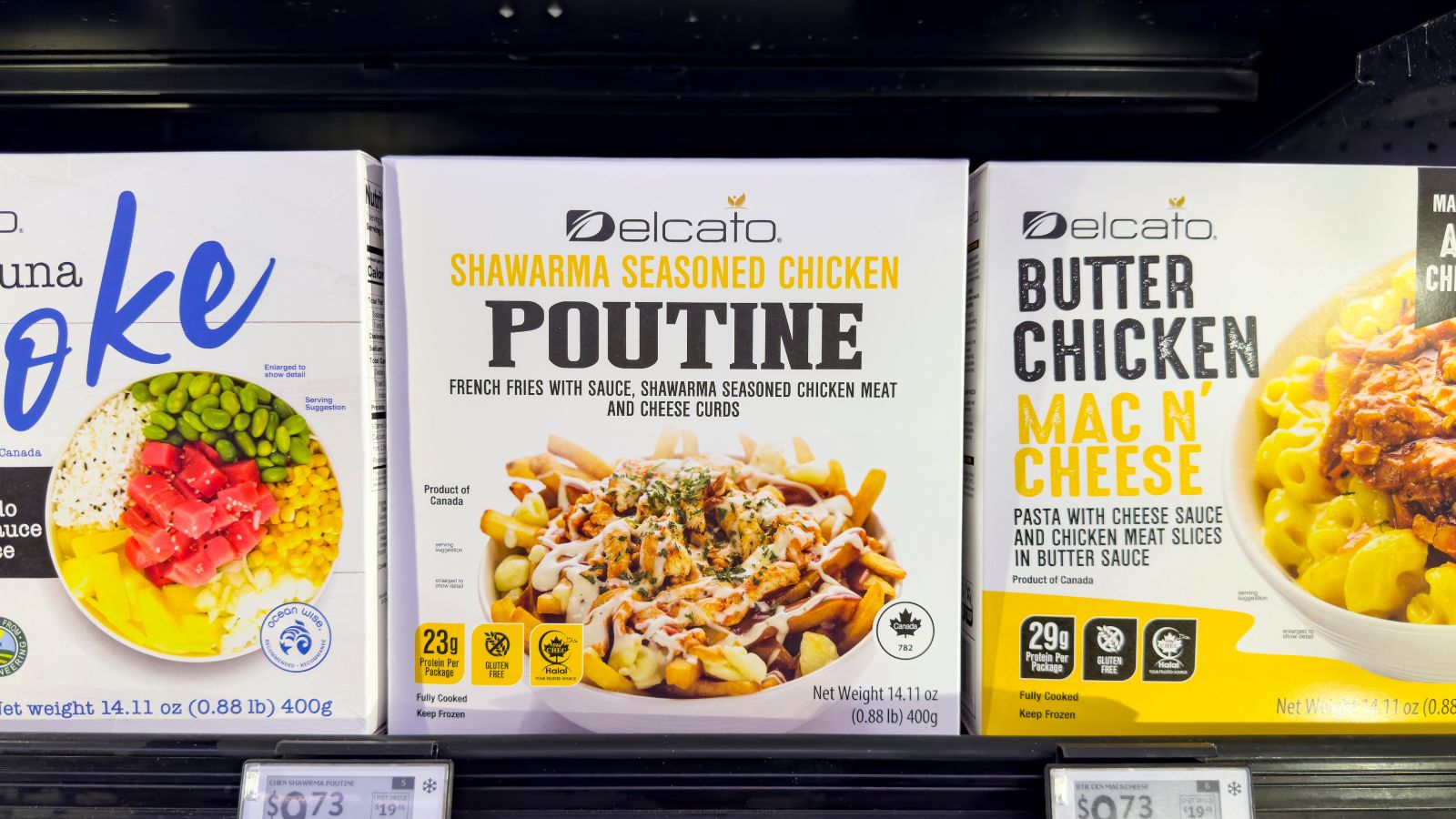
Often dismissed as a quirky comfort food, poutine is a culinary achievement rooted in Quebec and now enjoyed globally. The combination of fries, cheese curds, and gravy might seem simple, but it has inspired fusion dishes and gourmet interpretations across the food world. In the U.S., it’s frequently misunderstood or misrepresented, often served without authentic cheese curds or smothered in off-brand gravy. To Canadians, poutine is more than a snack, it’s a cultural staple that symbolizes local pride.
Banking Stability

During the 2008 global financial crisis, Canada’s banking system was praised for its stability and conservative lending practices. Unlike in the U.S., no major Canadian banks failed or required bailouts. The nation’s regulatory framework and risk-averse financial culture earned it international respect. Yet, many Americans are unaware that Canada’s banks are consistently ranked among the world’s most reliable. Financial stability may not be glamorous, but it’s an achievement worth celebrating.
Tim Hortons’ Cultural Power
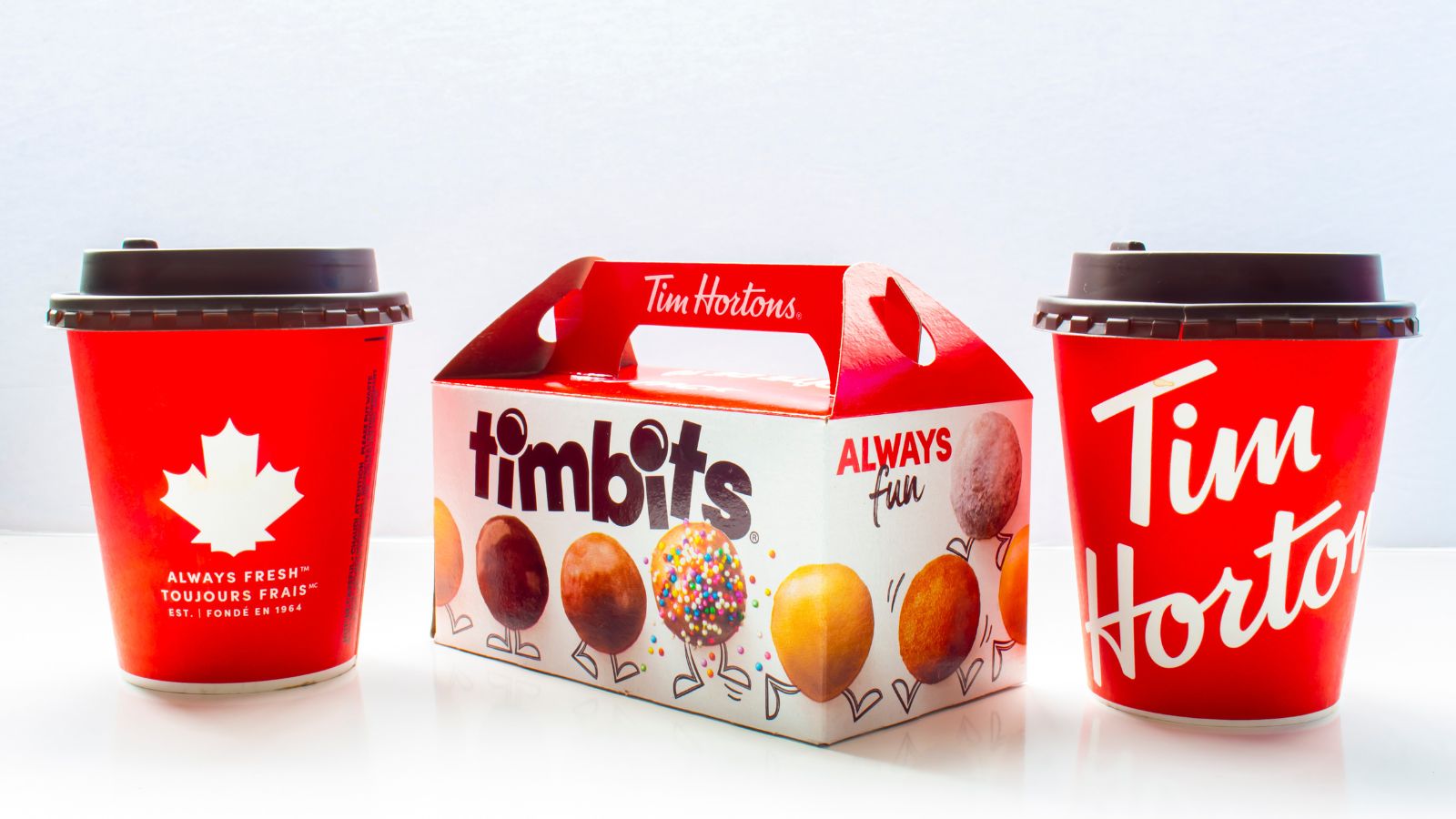
To Americans, Tim Hortons may just seem like another coffee chain, but in Canada, it’s practically a cultural institution. From rural towns to major cities, Tim’s serves as a daily ritual, community hub, and national icon. Its role in fundraising, youth sports, and military support adds to its emotional resonance. Americans may have their Starbucks and Dunkin’, but few brands are as deeply woven into daily life as Tim Hortons is in Canada.
World-Class Public Broadcasting

The Canadian Broadcasting Corporation (CBC) has produced some of the world’s most respected journalism, documentaries, and entertainment programming. In an era of fragmented media, CBC continues to offer insightful reporting and meaningful storytelling. Shows like Schitt’s Creek and The Nature of Things prove its influence far beyond Canada’s borders. Yet, many Americans remain unaware of CBC’s legacy and quality. It stands as a powerful example of what public media can achieve when supported properly.
Electric Vehicle Infrastructure Leadership

Canada has quietly been advancing electric vehicle (EV) infrastructure, particularly in provinces like British Columbia and Quebec. With generous EV incentives, an expanding charging network, and a growing clean energy sector, Canada is preparing for a sustainable future. While Americans debate climate policy, Canadians are already building the framework. The leadership isn’t loud or flashy—but it’s impactful and ongoing.
Legal Cannabis Rollout

In 2018, Canada became the second country in the world to legalize recreational cannabis nationwide. The rollout included regulations for safety, distribution, and advertising, setting a model that other nations have studied. Unlike the patchwork of laws in the U.S., Canada’s federal approach offers consistency and oversight. Americans often view legalization state-by-state, unaware that their northern neighbor already operates a unified, legal market.
Contributions to Global Peace and Security

Canada has contributed significantly to NATO missions, UN peacekeeping, and international diplomatic efforts. From Kosovo to Afghanistan, Canadian forces have played key roles in coalition operations while maintaining a commitment to ethical engagement. Americans often overlook Canada’s military efforts, assuming the country plays only a passive role. In truth, Canada has consistently punched above its weight on the world stage.
High Global Education Rankings

Canada ranks among the top countries for education, often surpassing the U.S. in global assessments of reading, math, and science skills. Public funding and accessible higher education contribute to this success. Immigrant and indigenous education programs are also improving rapidly. While Americans grapple with education inequality, Canada’s model offers quiet lessons in long-term planning and investment.
Public Safety and Gun Control

Canada’s approach to gun control—stricter background checks, mandatory training, and regulated ownership—results in lower gun violence and higher public safety. While not immune to gun-related issues, the country’s measured legislation contrasts sharply with U.S. debates. Canadians often find American gun culture baffling, while Americans misunderstand Canada’s laws as overly restrictive. The result is a safer society that still respects lawful ownership.
Environmental Conservation Efforts

Canada has protected nearly 13% of its land mass through national and provincial parks, contributing to biodiversity and climate resilience. Initiatives like carbon pricing and forest conservation demonstrate a long-standing commitment to the environment. While not perfect, Canada’s policies often outpace U.S. efforts. Americans may not realize the scale of Canada’s conservation achievements, especially across its vast wilderness regions.
The Looney and Tooney Currency Design

Canada’s colorful currency, complete with birds, holograms, and polymer textures, combines aesthetics with practicality. The loonie and toonie coins have become iconic representations of Canadian culture and economy. These coins are durable, cost-effective, and difficult to counterfeit, traits many economists admire. Americans may joke about the names, but the design and efficiency of Canadian currency is no laughing matter.
Cultural Mosaic vs. Melting Pot

Canada’s approach to multiculturalism encourages immigrants to maintain their cultural identities, creating a “mosaic” rather than a melting pot. This philosophy has contributed to a more inclusive and diverse society without demanding cultural assimilation. While the U.S. often focuses on integration through uniformity, Canada emphasizes coexistence. It’s a subtle yet powerful difference that shapes everything from policy to national values.
21 Products Canadians Should Stockpile Before Tariffs Hit

If trade tensions escalate between Canada and the U.S., everyday essentials can suddenly disappear or skyrocket in price. Products like pantry basics and tech must-haves that depend on are deeply tied to cross-border supply chains and are likely to face various kinds of disruptions
21 Products Canadians Should Stockpile Before Tariffs Hit
